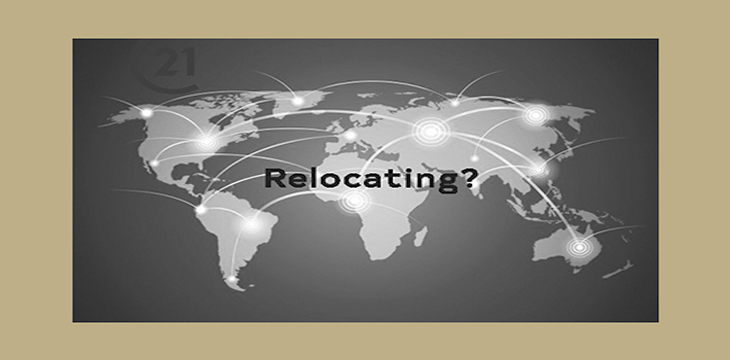|
Getting your Trinity Audio player ready...
|
Ripple’s executive chairman Chris Larsen says that Ripple might be moving their headquarters overseas. Larsen made this announcement during an interview with Fortune at the virtual LA Blockchain Summit.
“To be honest with you, we’re even looking at relocating our headquarters to a much more friendly jurisdiction,” said Larsen.
Larsen went on to mention how the lack of regulatory clarity in the United States stifles innovation in the blockchain and digital currency industry.
Shortly after Larsen’s interview at the LA Blockchain Summit, TechCrunch founder Michael Arrington commented on the matter, agreeing with Larsen that the lack of regulatory clarity in the United States “ is a disaster for the US.”
Good for Ripple. The lack of clarity in crypto is a disaster for the U.S. https://t.co/E9HB60BBV7
— Michael Arrington 🏴☠️ (@arrington) October 6, 2020
Afterward, Ripple’s CEO, Brad Garlinghouse responded to Arrington, saying that Ripple is looking to operate in an area where the rules are clear; and said that the reason that early internet companies in the United States were able to prosper is because they had regulatory clarity.
Strongest internet companies built in the US, in part b/c of regulatory clarity. We have that opp with blockchain + digital assets. Responsible players like Ripple aren’t looking to avoid rules, we just want to operate in a jurisdiction where the rules are clear. #DCEA of 2020 https://t.co/LqbEDuMXvx
— Brad Garlinghouse (@bgarlinghouse) October 6, 2020
Larsen also told Fortune that the benefit of having your headquarters in a jurisdiction with clear regulatory framework is that,
“[You] have the advantage of having the capital markets, the regulators, and the innovators all in the same city. That’s not the case in the US, where New York investors, Washington lawmakers, and Silicon Valley tech entrepreneurs “don’t understand each other.”
Larsen says that the U.K., Singapore, Switzerland, and Japan are locations that Ripple is considering moving to.
Regulatory clarity, or Ripple’s ongoing lawsuit?
Although Larsen and Garlinghouse mention regulatory clarity as the driver behind Ripple’s re-location, others believe that the current class-action lawsuit that Ripple is battling is also a reason that Ripple wants to move its headquarters outside the United States. Ripple is currently battling a class-action lawsuit in which plaintiffs are arguing that Ripple’s initial sale of XRP to the public was an unregistered securities sale.

 02-19-2026
02-19-2026 




